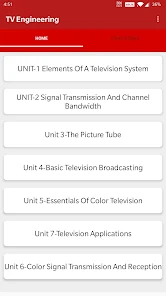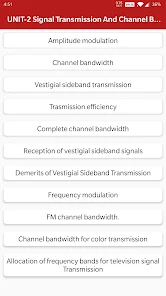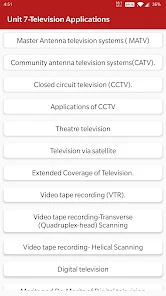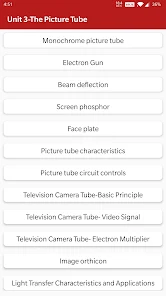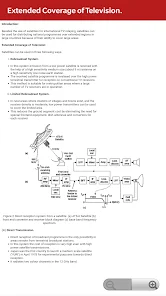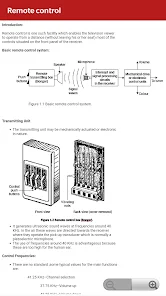Television (TV) Engineering
13.0
Description
Exploring the Field of Television Engineering
The world of engineering is vast and diverse, encompassing various fields like software engineering, mechanical engineering, and civil engineering. One lesser-known but fascinating field is television engineering. This area of study and work involves the principles and technologies behind the production and transmission of television content. It’s a complex discipline that integrates aspects of electrical engineering, computer science, and media production.
Television Engineering: An Overview
Television engineering is not just about the technical setup of TV systems; it covers a broad range of topics from signal transmission to broadcast standards. Professionals in this field ensure that television content is delivered with high quality and reliability. Whether you’re a student, a professional, or simply interested in this field, understanding the core concepts can be incredibly rewarding.
Key Areas of Television Engineering
- Introduction to Television Systems Television engineering begins with understanding the basics of television systems. This includes the components of a TV setup, the principles of signal transmission, and the different types of TV technologies (e.g., CRT, LCD, OLED).
- Color Television and Controls Color television introduced a new dimension to broadcasting. Engineers in this field study the principles of color transmission, the role of color subcarriers, and the various color systems like NTSC, PAL, and SECAM.
- Scanning Processes The scanning process is critical in converting visual information into electronic signals. Engineers learn about horizontal and vertical scanning, interlaced versus progressive scanning, and how these processes affect image quality.
- Signal Transmission and Modulation Television signals need to be transmitted efficiently over various media. This involves understanding frequency modulation, amplitude modulation, and digital transmission techniques. Engineers also study signal compression and encoding methods to optimize bandwidth usage.
- Antenna and Radiation Patterns Antenna design and radiation patterns are crucial for effective signal transmission and reception. This area covers the principles of antenna theory, different types of antennas used in broadcasting, and how radiation patterns influence signal coverage.
- TV Studio and Broadcast Setup Setting up a TV studio involves a blend of technical and creative skills. Engineers work with cameras, lighting, sound equipment, and control systems to produce high-quality broadcasts. They also manage live broadcasts, ensuring seamless integration of audio and video feeds.
Educational Pathways and Resources
For those interested in pursuing a career in television engineering, there are several educational pathways. Many universities and technical colleges offer specialized courses in broadcast engineering and media technology. Additionally, online platforms provide courses and certifications that can help you gain knowledge and skills in this field.
Practical Applications and Innovations
Television engineering is constantly evolving with new technologies and innovations. The shift from analog to digital broadcasting, the introduction of high-definition (HD) and ultra-high-definition (UHD) formats, and the rise of streaming services have all transformed how we consume television content. Engineers in this field are at the forefront of these changes, developing new ways to enhance viewing experiences and ensure efficient content delivery.
People Also Ask
Why is television engineering important?
Television engineering ensures the seamless delivery of broadcast content to viewers. It involves complex technical processes that maintain the quality and reliability of television signals, making it essential for the media industry.
What skills are needed for television engineering?
Key skills include a strong understanding of electrical and electronic principles, proficiency in signal processing and modulation techniques, and familiarity with broadcast standards and technologies. Practical experience with studio equipment and transmission systems is also valuable.
How can I start a career in television engineering?
Begin by studying electrical engineering or a related field. Look for specialized courses in broadcast engineering and media technology. Gaining practical experience through internships and entry-level positions in broadcasting companies can also be beneficial.
Is television engineering relevant in the age of streaming?
Yes, television engineering remains relevant as it adapts to new technologies. While traditional broadcast methods are evolving, the core principles of signal transmission, compression, and quality control are still applicable in the streaming era.
Final Thoughts
Television engineering is a dynamic and rewarding field that combines technical expertise with creative problem-solving. Whether you’re just starting your educational journey or looking to deepen your knowledge, exploring this field can open up exciting career opportunities. By staying updated with the latest innovations and continuously enhancing your skills, you can contribute to the ever-evolving world of television and media.
This informational post aims to provide valuable insights into the field of television engineering. If you have any questions or need further information, feel free to ask in the comments below.
Images
